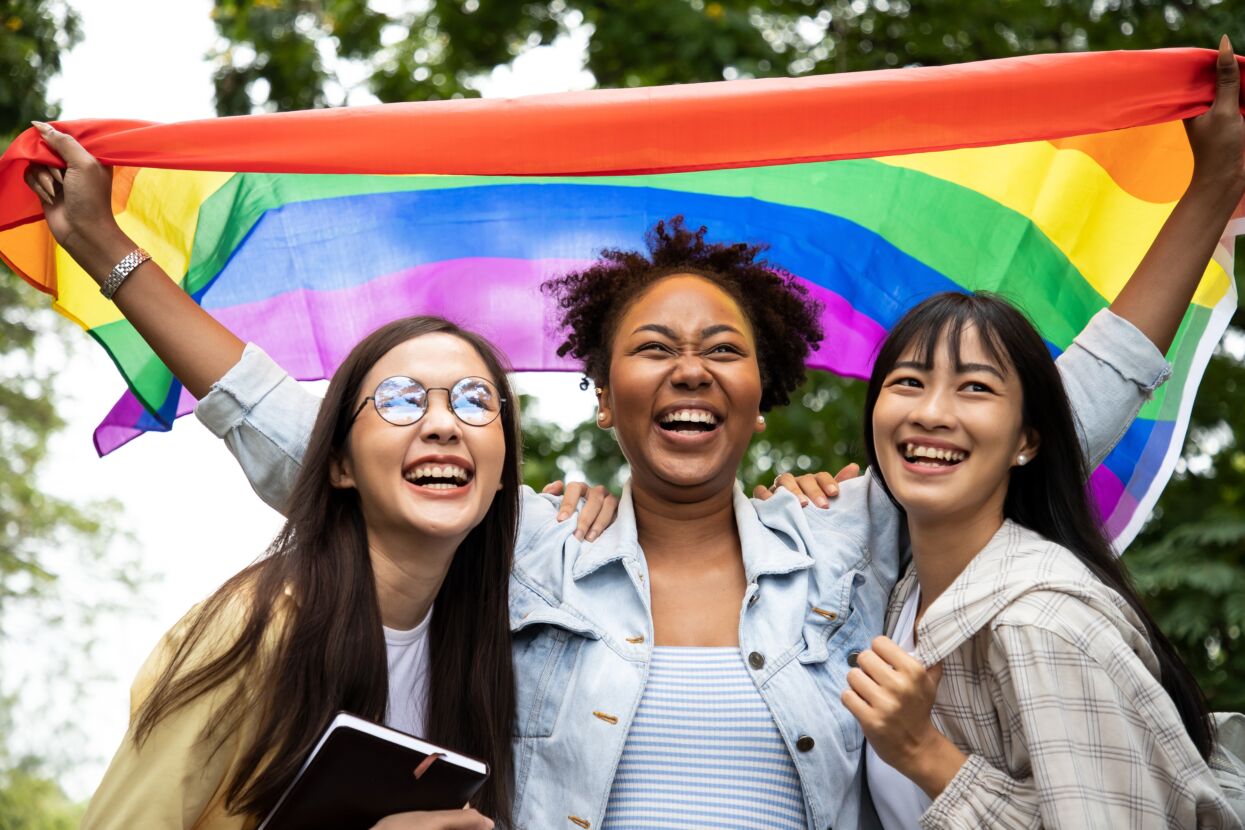Inclusive holiday greetings always seem to be a head-scratcher during December. The season marks a slew of religious, cultural, and secular holidays. And it’s also a time when emotions can run high.
If you dread signing off your emails this time of year, you are not alone. It can be tricky to choose. Do you say “Merry Christmas,” “Happy Holidays,” or “Season’s Greetings?” Is there a secret holiday handshake? A brand-new, uber-correct greeting that you’re totally unaware of?

“It can be a bit of a dilemma to make sure you are trying to be inclusive of everyone,” says Rev. Mark Fowler in an HR Magazine article on holiday inclusivity.
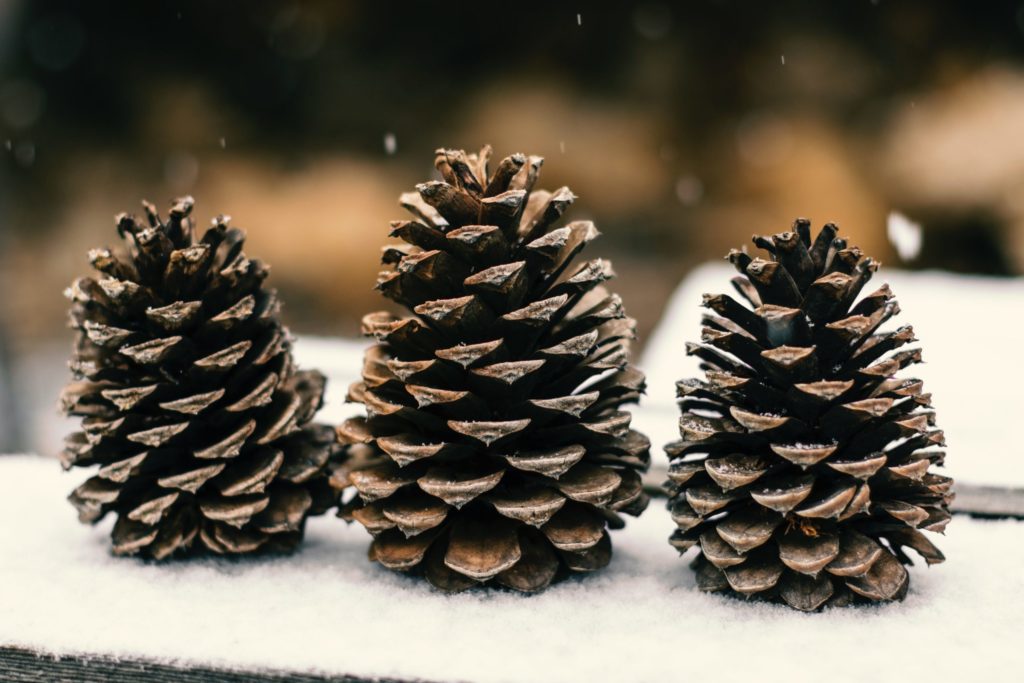
Celebrating Diversity
The American landscape is changing and becoming more diverse, making it difficult to find a one-size-fits-all greeting for the season. In a 2018 Pew Research Center study, 65 percent of American adults described themselves as Christians when asked about their religion. That figure is down 12 points from over the past decade.
Tens of millions of Americans don’t celebrate Christmas religiously or at all. That number includes those with no affiliation, Buddhists, Jews, Hindus, and Muslims.
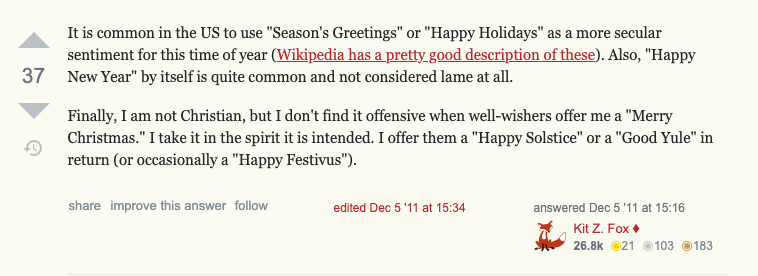
A simple holiday greeting can become a nail-biting affair. No one wants to offend anyone or make assumptions about religious practices — especially at work.
While there’s no one magical solution, below are some suggestions you might find helpful to spread winter cheer.
“Happy Holidays”: a Good Rule of Thumb for Inclusive Holiday Greetings

When you aren’t sure what someone celebrates, consider using a broader phrase like “Happy Holidays.”
According to a blog by Grammarly, “By using the inclusive term, you’re doing your part to make sure everyone’s holiday actually is as happy as it can be.”
The blog posits that wishing a “Merry Christmas” to someone who celebrates another holiday can make them feel marginalized and invisible. True, saying “Happy Holidays” to someone who may celebrate Christmas can be potentially disappointing to the recipient. However, according to the article, “One holiday being more popular than the others doesn’t mean you should ignore the other ones.”
“Happy Holidays” is Generally Considered a Safe Bet
- When you aren’t sure what your coworker might celebrate …
- Or, when you are addressing a broad group of people …
- Then, consider “Happy Holidays” as an inclusive seasonal greeting.
“It is an appropriate and inclusive salutation that recognizes that there are many ways that people are observing the season, and you don’t know enough to be specific,” advises a helpful Huffpost article.
And, according to Whoopi Goldberg:
″‘Happy Holidays’ allows everybody to be included … When you’re walking past somebody, you don’t know what their religious beliefs are or whether they have them. If they have religious beliefs and you can’t tell what they are, say ’Happy Holidays.”
From a HuffPost interview with Whoopi Goldberg
A More Personal Inclusive Holiday Greeting
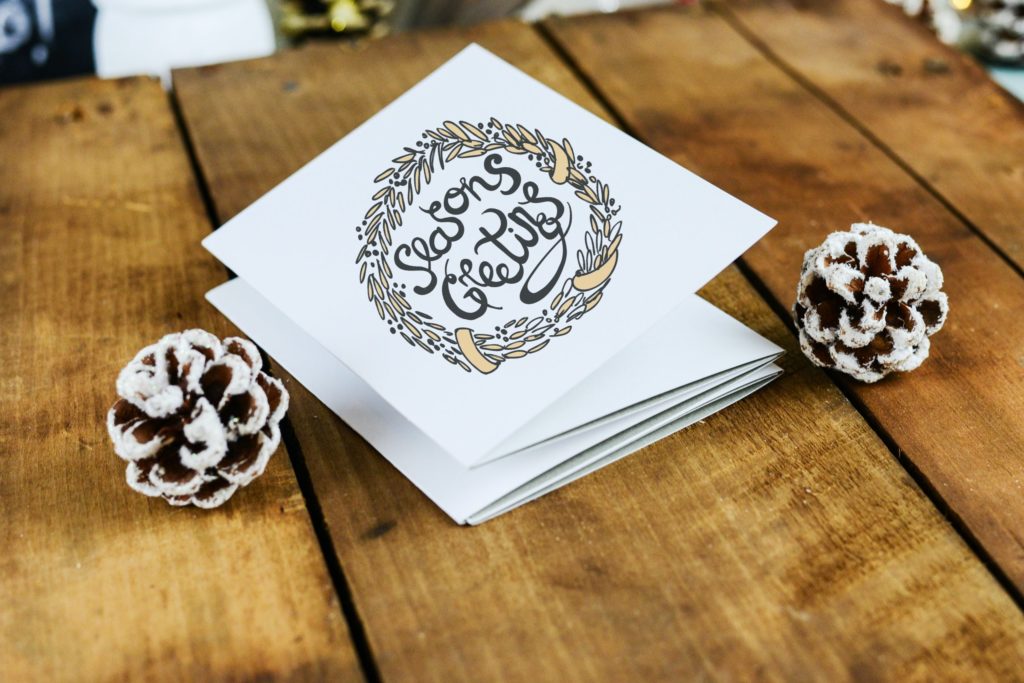
Some argue that “Happy Holidays” falls short of the mark. It might feel too vanilla. It might not convey the warmth, sparkle, and excitement you want to share with a coworker.

In that case, why not ask your coworker what they celebrate?
There are so many rich holiday celebrations this time of year. Here are just a smattering of them:
Winter Holidays A-Z

- Bodhi Day: A Buddhist celebration of when the Buddha realized enlightenment. December 8.
- Christmas: The celebration of Jesus’ birth. December 25. For Eastern Orthodox Christians, January 7.
- Diwali: A five-day Hindu celebration of the Festival of Lights. November 10-14, 2023. Say: “Happy Diwali,” “Wishing you a Diwali that brings happiness, prosperity, and joy to you and all your family.”
- Eid al-Fitr: The Muslim celebration of Ramadan’s end. The Muslim calendar has shifting dates, and this holiday sometimes falls in December. In 2023, it will fall in April. Say: “Eid Mubarak.”
- Festivus: A secular holiday that became popular after a Seinfeld episode. Yes, folks do celebrate this playful holiday! December 23. Say, “Happy Festivus.” Slogan: “A Festivus for the rest of us!”
- Hanukkah: The eight-day Jewish celebration of the Festival of Lights. Thursday, December 7 to Friday, December 15, 2023. Say: “Happy Hanukkah.” Pro tip: “Chag Sameach” is Hebrew for “Happy Holiday” and fits most Jewish holidays (excluding the Sabbath and most fast days).
- HumanLight: a Humanist holiday that celebrates compassion, humanity, and hope. December 23.
- Kwanzaa: A weeklong secular holiday honoring African-American heritage. From December 26 to January 1. Say, “Joyous Kwanzaa.” Or ask, “Habari gani?” In Swahili, that means, “What’s the news?” The answer is whatever day of Kwanzaa it is (“Umoja,” “Kujichagulia,” etc.).
- Lunar New Year: According to the AP Style Guide, “The most important holiday in several East Asian countries, marking the start of the Chinese lunar calendar… Lunar New Year is preferred over Chinese New Year or Spring Festival, the name it is known by in China.” Observed in South Korea as Seollal and Vietnam as Tet. January 22, 2023.
- Winter Solstice: The shortest day of the year. December 21.
- Yule: A pagan celebration of the above.
Expanded from a Tanenbaum Center for Interreligious Understanding guide.
Make a Connection and Mark Your Calendar
There are a ton of holidays people celebrate. At the same time, many choose to celebrate none. So don’t be afraid to ask, get to know people, and personalize your greeting! It could be a chance to spark a warm connection.
Also, stay abreast of celebrations throughout the year by marking your calendar. If your calendar doesn’t have diverse holidays, consider downloading the ADL’s calendar of observances.
Inclusive Holiday Greetings for Groups of People
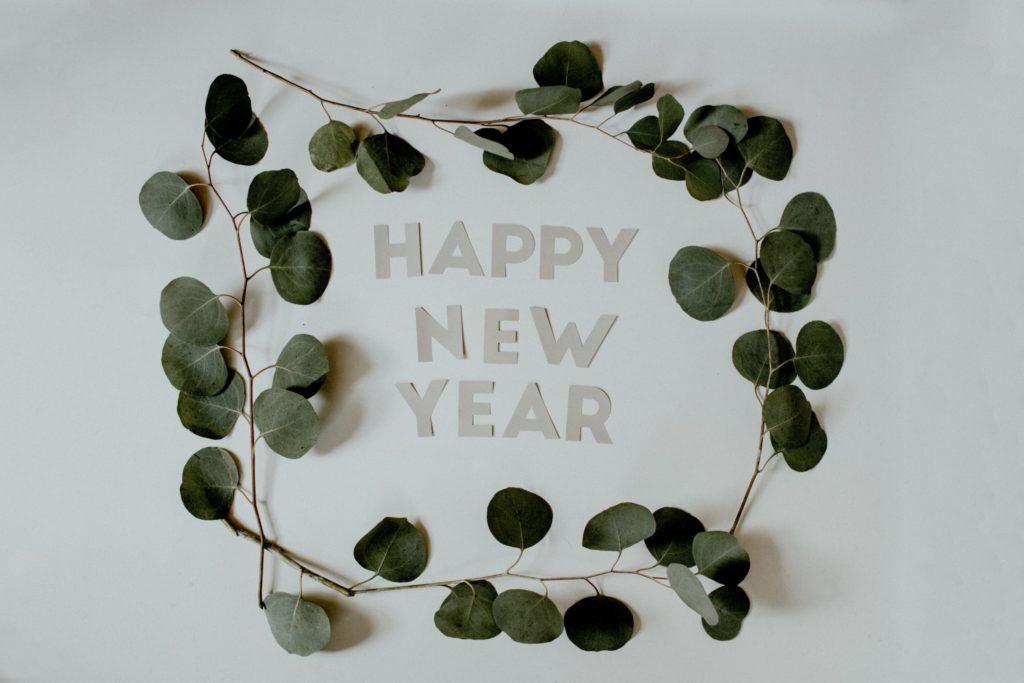
When you’re addressing a diverse group or want to jazz it up, why not get creative while remaining inclusive?
- Season’s greetings and best wishes for the New Year.
- To a healthy, happy, and peaceful New Year.
- Best wishes for the holidays!
- Here’s to better times ahead and a very happy 2024!
- Festive greetings!
- Have a joyous solstice.
- One HuffPost correspondent wishes friends a “Happy Federal Holiday.” After all, most people have off from work and school on state and federal holidays. These holidays apply equally to everyone.
- Happy winter break.
- Happy New Year.
- Or simply, “warm wishes.”

Resources for Inclusive Holiday Greetings
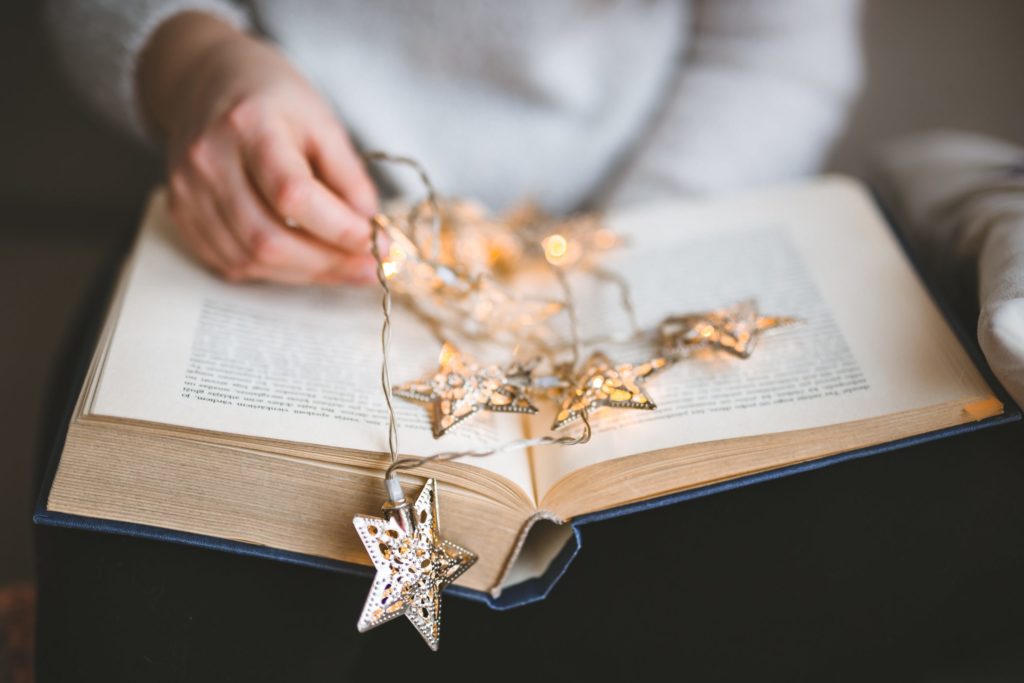
If want more support for crafting your well-worded seasonal greetings, then check out these great resources:
The answer? “Preheat.” Handy holiday questions about hyphenation and more can be answered in AP’s Holiday Style Topical Guide.
- The AP Style Guide’s Holiday Terms can help you create the best message. For example, the guide doesn’t recommend using the abbreviation “Xmas.”
- You can wish somebody a happy holiday in 28 languages with this handy guide from Homemade Gifts Made Easy. (Scroll down to #81). For example, in Spanish: ¡Felices Fiestas!
- The December Dilemma Factsheet from the Tanenbaum Center for Interreligious Understanding has plenty of helpful info. For instance, you’ll find their full list of holidays and tips on avoiding holiday mishaps.
- The ADL’s calendar of observances can help you keep track of diverse holidays. You’ll find important holidays like Human Rights Day, as well as Our Lady of Guadalupe Day.
More Good Holiday Vibes
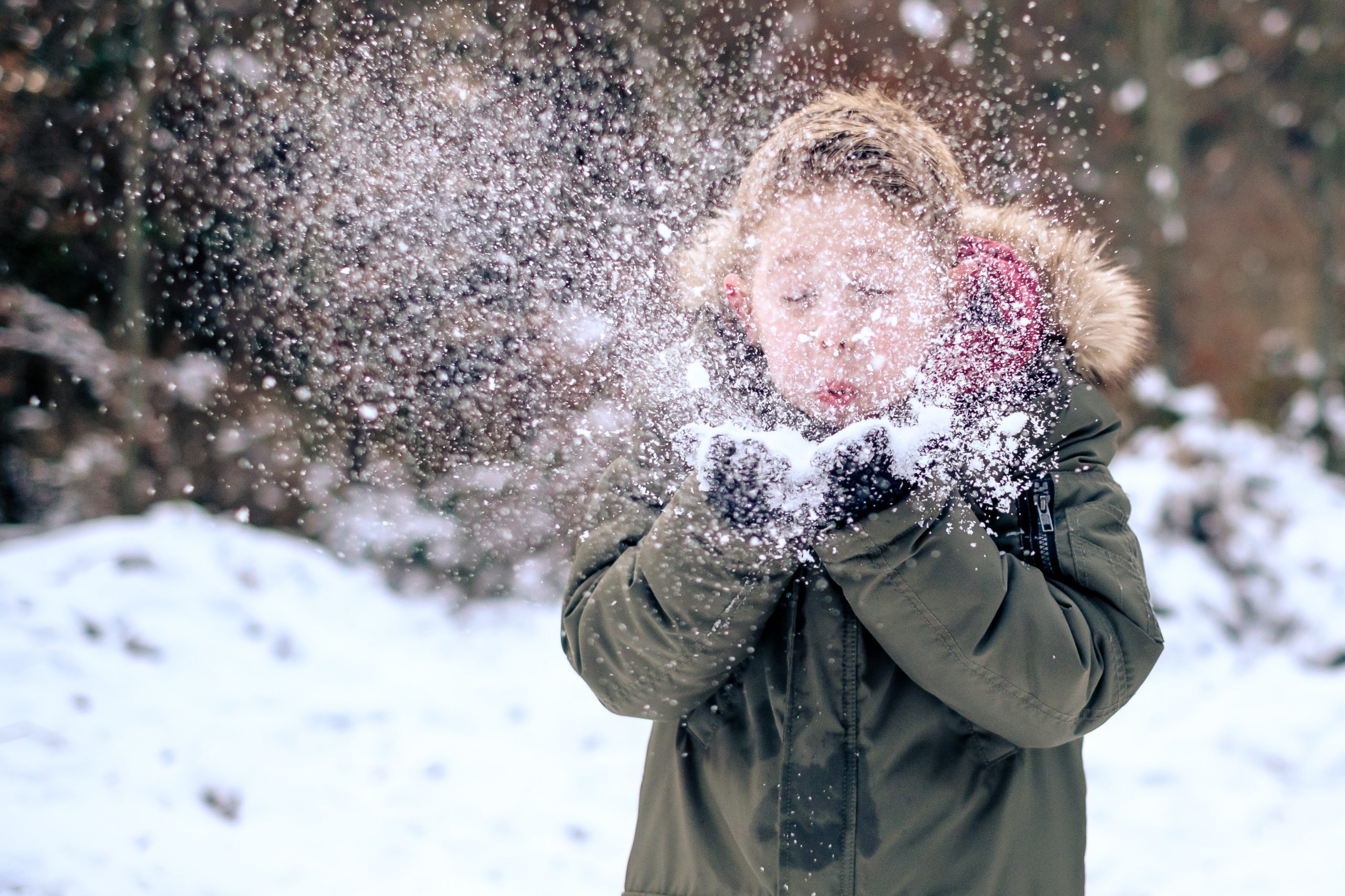
Check out our blog for some more good holiday vibes:
- #cccommunity3: Grateful, Thankful & Wonderful
- They’re Singing Your Praises! Share the Love this Holiday Season
- Community College Marketers with an Attitude of Gratitude
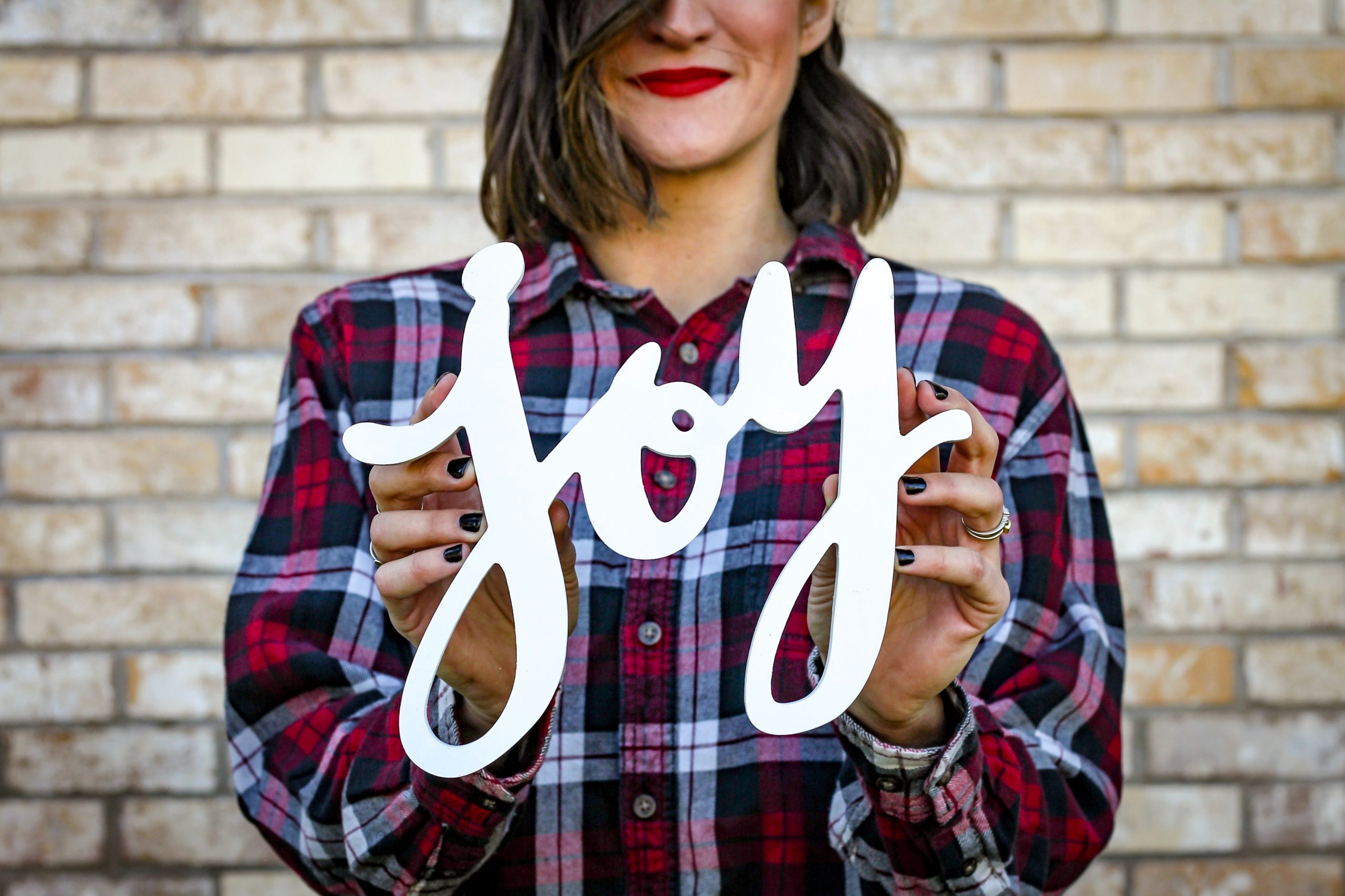
Written by “word nerd” and Interact copywriter Rachel Rosen-Carroll. For fun, Rachel reads style guides and the dictionary. (They prefer The American Heritage Dictionary… We wouldn’t make this up.) When they aren’t writing feature stories about inspiring community college alums, they’re working on a YA novel, short stories, and poetry. Rachel has been published in various lit journals.

